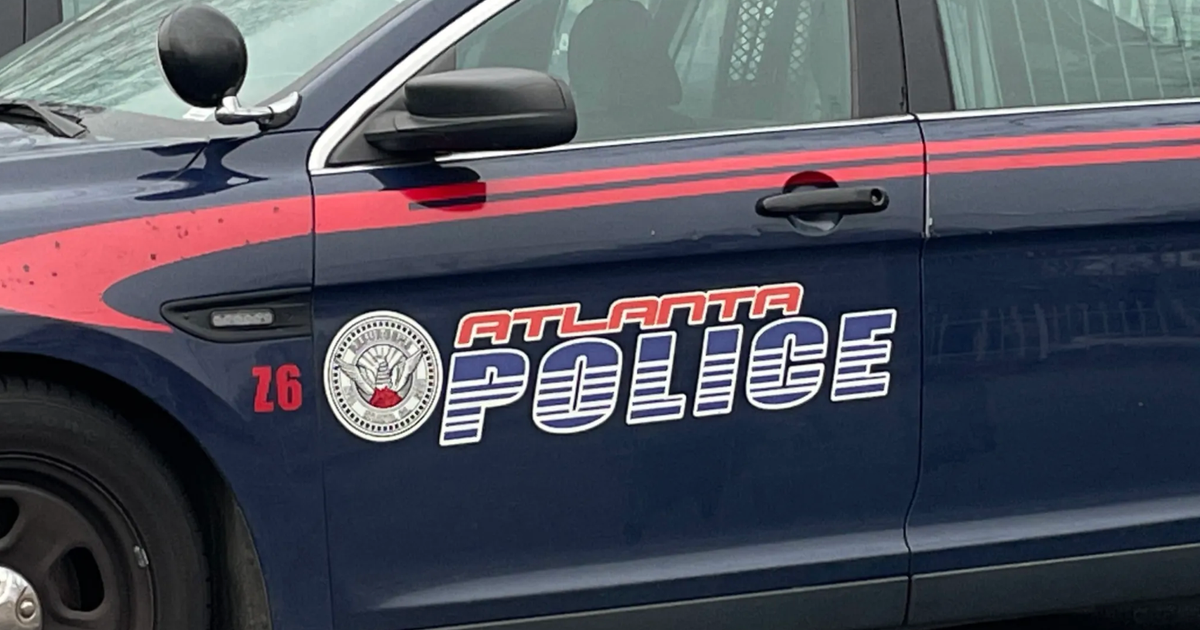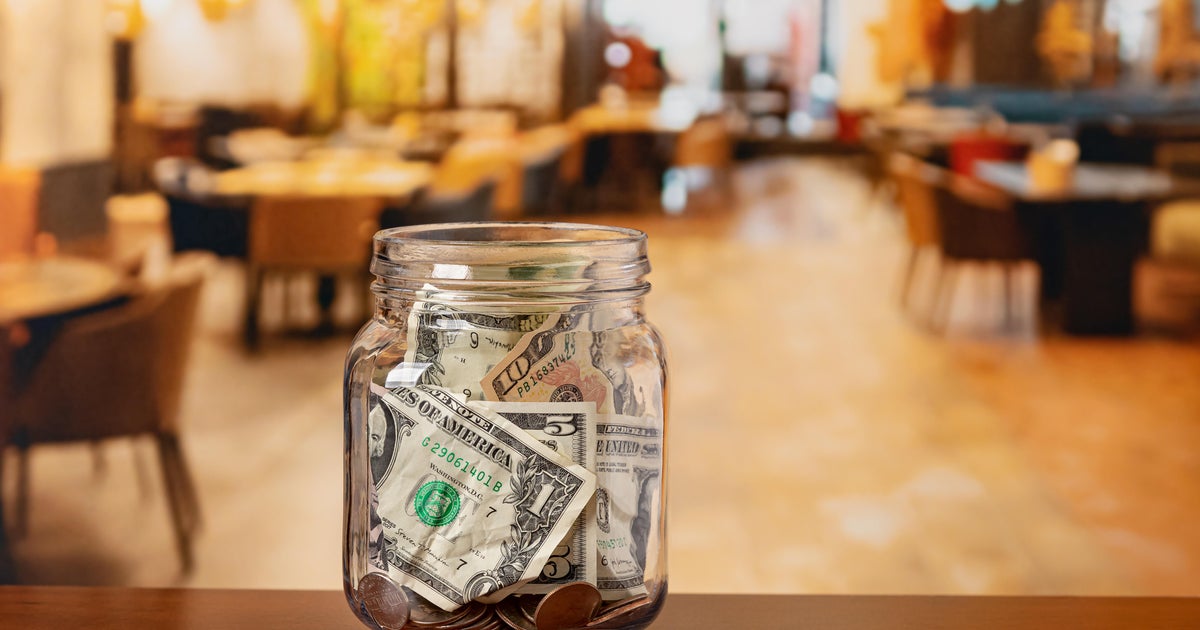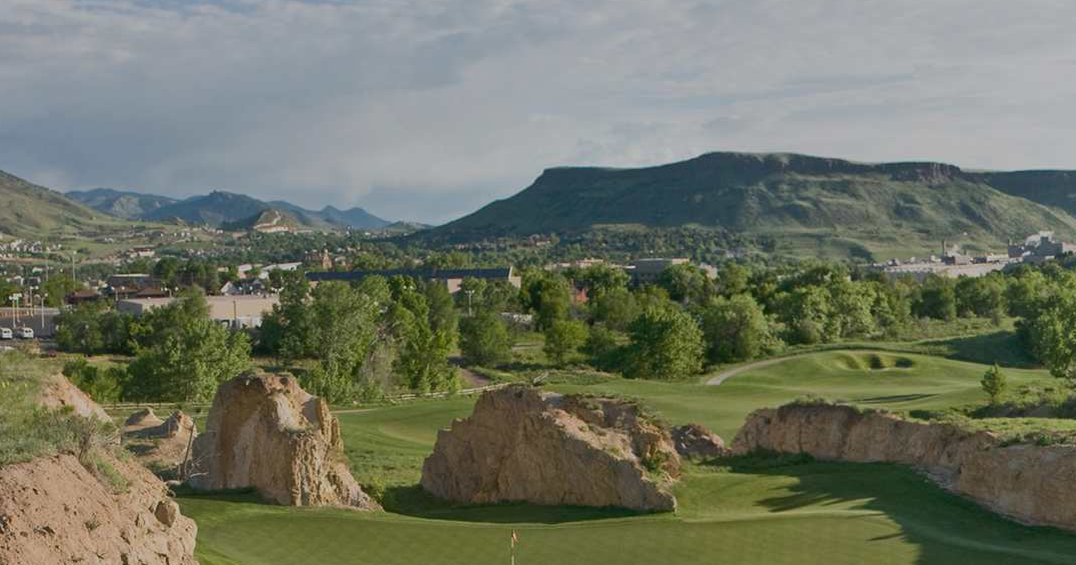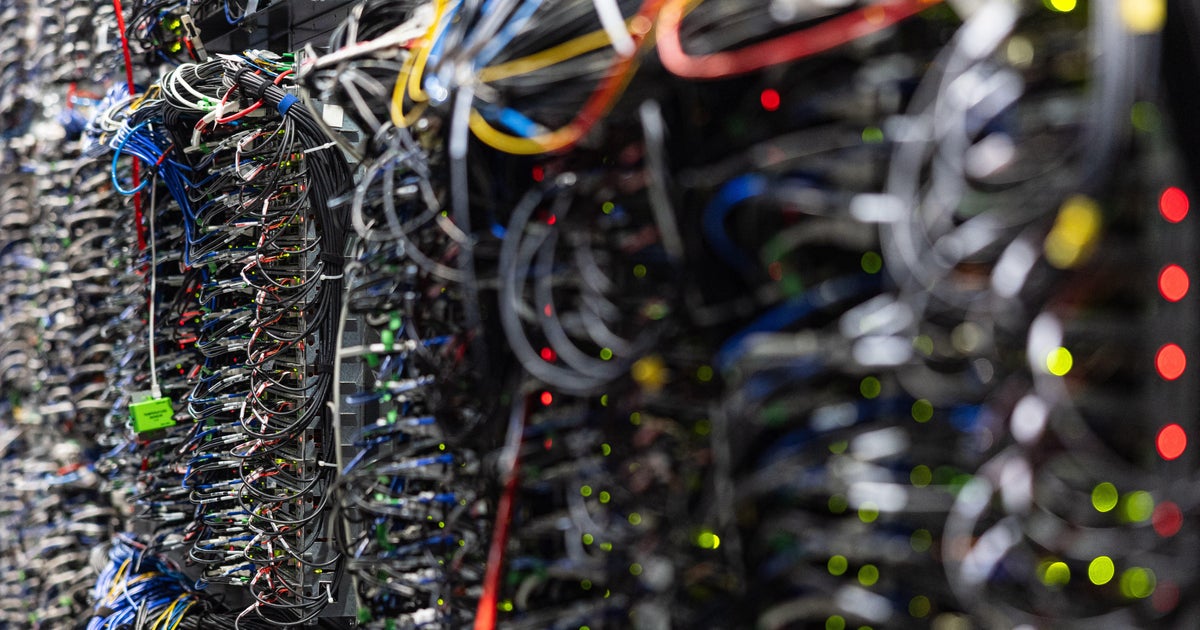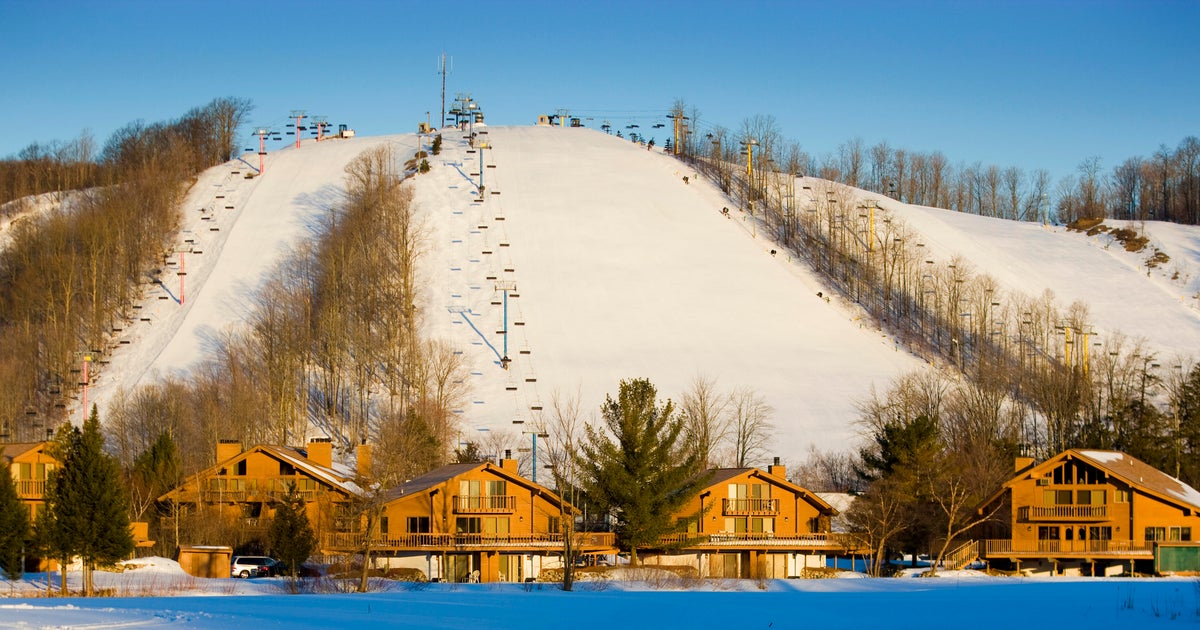Temple Puts Increase In Room And Board On Hold
PHILADELPHIA (CBS) -- Temple University has put a hold on a proposed increase in next year's room and board fees after the city challenged its explanation that it was just trying to cover the cost of the sweetened beverage tax.
Temple's Board of Trustees voted, via a Tuesday conference call, to raise board rates by six percent.
Afterward, the school's chief financial officer said most of it was to cover the cost of the one-and-a-half-cent an ounce tax the city has imposed on beverage distributors to pay for universal pre-K, community schools and a facilities rehab. He estimated the tax would cost the University $400,000 per semester.
That was news to trustee Ron Donatucci, Philadelphia's Register of Wills.
Donatucci voted for the increase but says the Board was never told the increase had anything to do with the beverage tax.
Mayor Jim Kenney's office was openly skeptical. A statement from his spokesperson, Lauren Hitt, said, "Universities across the country have been raising meal plan fees because families are increasingly chaffing at tuition increases and universities still want to pay for their ever-growing administrative salaries and new, expensive buildings and amenities. Temple's own administration staff has grown by 40 percent in recent years, they are planning to build a multi-million dollar stadium, their new 24 story dorm includes flat screen TVs, and, sure enough, they have a history of raising their meal plans fees to cover those costs - by 2.5 percent in 2015 and 4.3 percent in 2014."
Several hours later, Temple released a statement saying, "the City and Mayor Kenney have appropriately raised valid concerns about the accuracy of the numbers related to the impact of the soda tax on Temple students who choose the university's room and board plan for 2017-18. For this reason, the University will review the calculation and impact of the soda tax before enacting the meal plan fee for the coming year."
Temple estimated the cost would be $68 per student, per semester. That would be the cost of the tax on about 375 12-ounce sodas.
It also gave its support enthusiastic support to the pre-K expansion.
Donatucci says he and fellow Board members concur.
"It's an indirect tax and I think it's a good tax for what it's accomplishing. It's going to help a lot of young children that reside in North Philly," he said.
Hitt responded approvingly, with a new statement.
"We commend Temple University for deciding not to bend to pressure from the soda industry and acting in the best interests of their students and all the children of Philadelphia," Hitt said. "And we're proud that the Philadelphia Beverage Tax is already benefitting pre-K students across the city who will now have a better chance of entering Temple's Class of 2036."
There is no evidence the soda industry pressured Temple to increase the fees. In fact, a spokesman for the industry says they were as surprised as anyone else at the move.
Other local universities said it was unclear what the impact would be on them. Drexel University issued a statement saying it "has not raised board rates-- and doesn't plan to-- in response to the soda tax."



